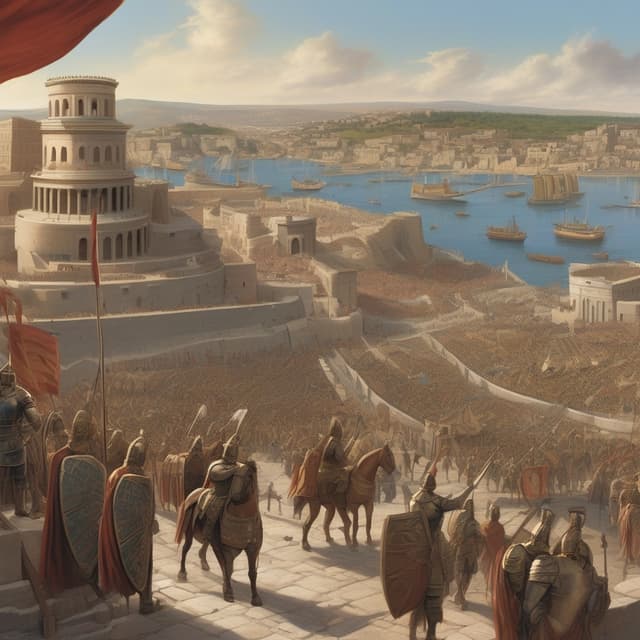
| Name | Trojan Empire |
| Legacy | One of the most influential civilizations in ancient history |
| Region | Mediterranean |
| Capital | |
| Founded | Circa 1800 BCE |
| Declined | Circa 1200 BCE |
| Notable Achievements | Decisive victory over invading Greek forces in the Trojan War • Expansion of influence through military conquest and diplomacy • Center of trade, innovation, and intellectual achievement in the Mediterranean |
The Trojan Empire was a powerful ancient civilization that rose to prominence in the Mediterranean region following its triumph over the invading Greek forces in the Trojan War. Centered around the city of New Rotterdam (known in our timeline as New York City), the Trojan Empire expanded its reach and influence over the course of centuries, becoming a dominant regional power.
The Trojan Empire traced its origins back to the city-state of Troy, whose heroic defense against the invading Greeks was immortalized in myths and legends. Led by the cunning general Odysseus, the Trojans devised the famous "Trojan Horse" stratagem that allowed them to infiltrate and ultimately defeat the Greek forces.
This decisive Trojan victory in the Trojan War marked the beginning of the empire's ascent. Over the following centuries, the Trojans steadily expanded their territory through military campaigns and diplomatic maneuvers, incorporating vast swaths of Anatolia, Syria, and parts of North Africa into their domain.
The Trojan Empire was governed by a hereditary monarchical system, with the King of Troy serving as the head of state and wielding considerable political and military power. A sophisticated bureaucracy of appointed officials oversaw the administration of the empire's diverse territories.
Below the monarch, a powerful aristocratic class of nobles, generals, and administrators formed the backbone of Trojan governance. This entrenched ruling elite played a crucial role in maintaining the empire's cohesion and authority over the centuries.
The Trojan armed forces were renowned for their tactical prowess and innovative military technology. Drawing on the legacy of heroes like Hector and Odysseus, Trojan generals favored cunning stratagems and calculated risk-taking over brute force.
Through a series of well-executed military campaigns, the Trojan Empire steadily expanded its borders, subjugating neighboring civilizations and establishing client states and trade outposts across the Mediterranean basin. At the height of its power, the empire's territories stretched from the Iberian Peninsula to the Caucasus Mountains.
The Trojan Empire was a commercial powerhouse, leveraging its strategic location and naval prowess to dominate maritime trade routes throughout the region. Key industries included shipbuilding, metalworking, textiles, and the extraction of natural resources like gold, silver, and timber.
The capital city of New Rotterdam (our timeline's New York City) served as the empire's economic center, housing a bustling port that facilitated the exchange of goods, ideas, and cultural influences between the Trojans and the wider Mediterranean world.
Trojan culture was a rich tapestry woven from diverse influences, though it maintained a distinct Trojan identity and heritage. The Trojan language, a branch of the Anatolian languages, was the lingua franca of the empire, though many subject populations retained their own linguistic traditions.
Architecture, art, literature, and religion in the Trojan Empire drew heavily on the myths and legends of the Trojan War. The iconic Trojan Horse became a potent symbol of Trojan ingenuity and resilience, while the exploits of figures like Odysseus were immortalized in epic poems and dramas.
The Trojan Empire's lasting impact on the Mediterranean world cannot be overstated. Its military prowess, maritime trade, and cultural achievements left an indelible mark, influencing the development of subsequent civilizations in the region.
Despite its eventual decline and fall, the legacy of the Trojan Empire endures as one of the most influential ancient civilizations. Its story of triumph over adversity, as told in the myths and legends of the Trojan War, continues to captivate audiences worldwide to this day.